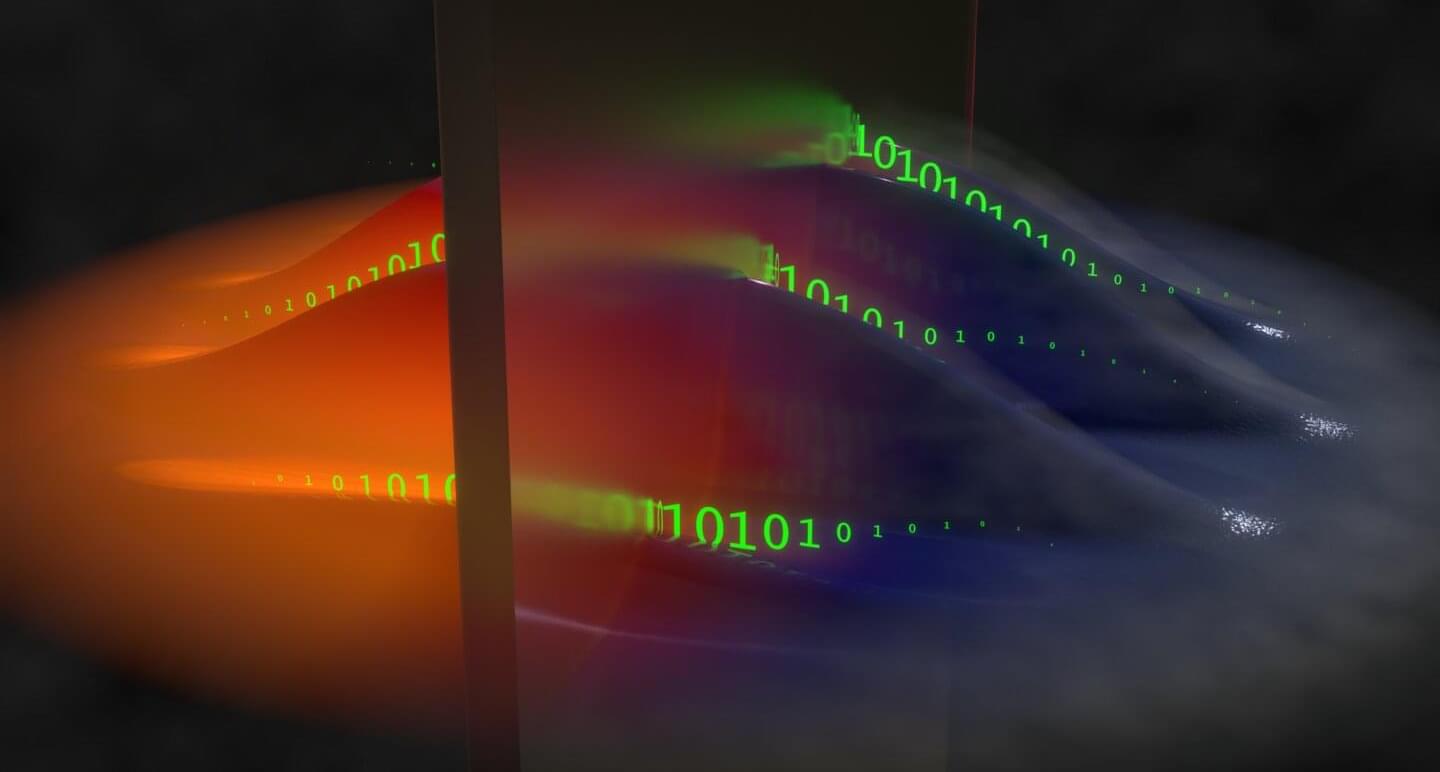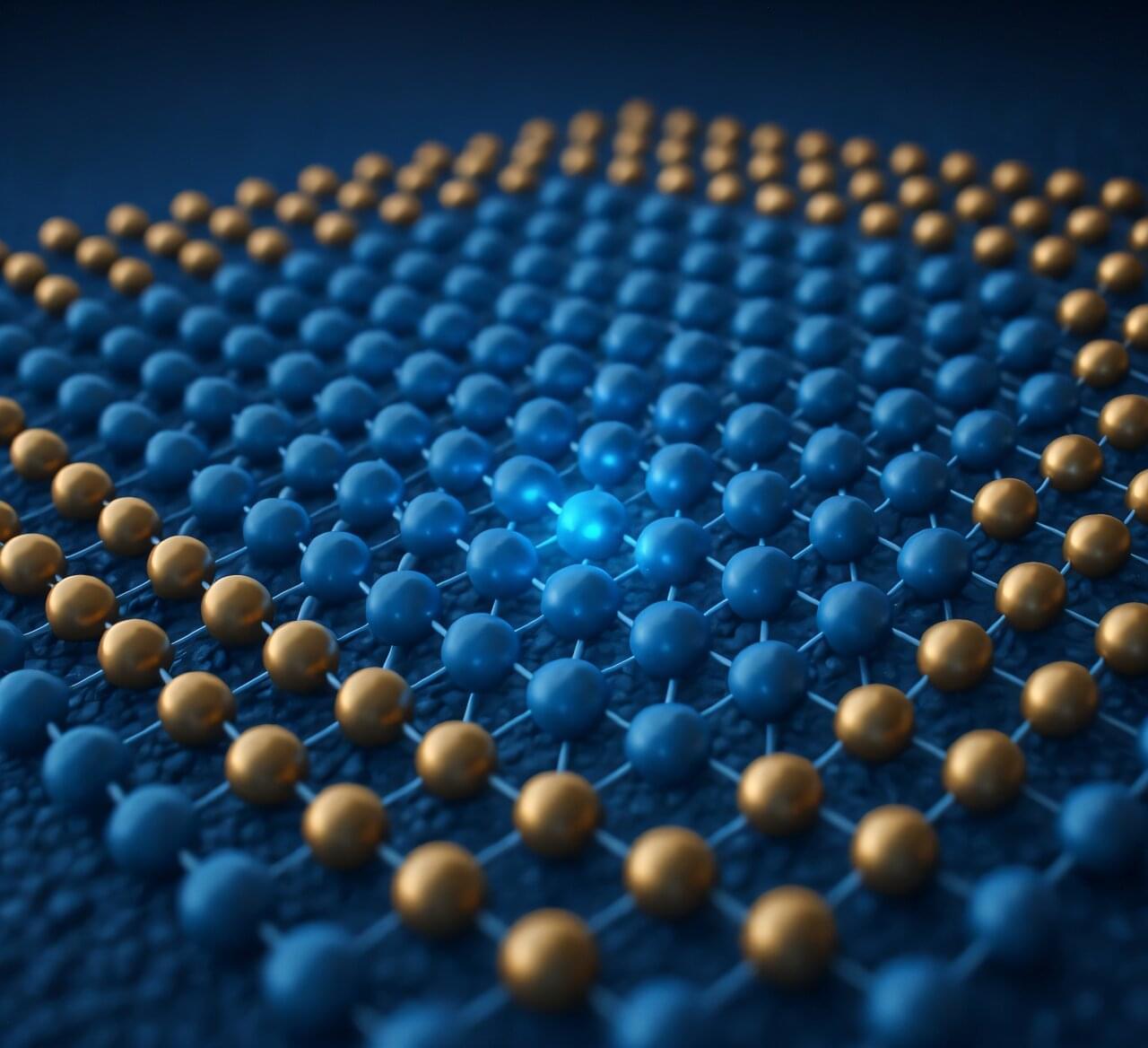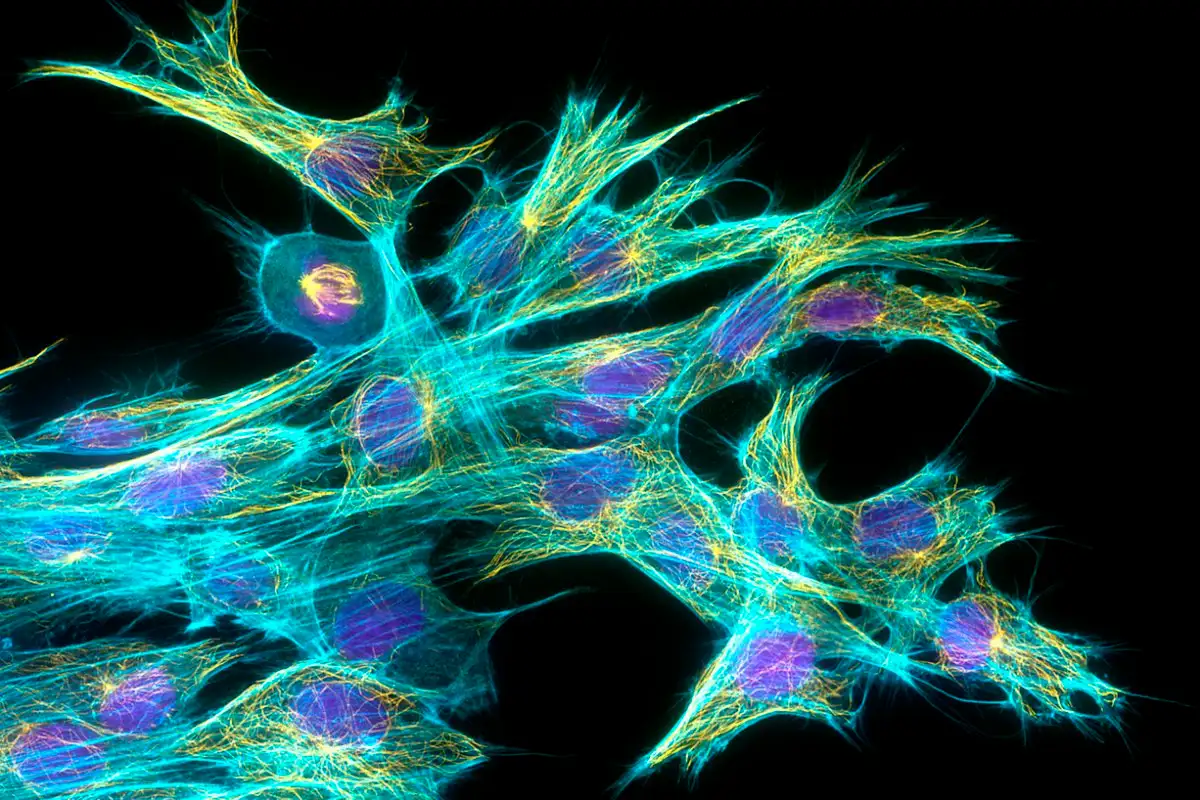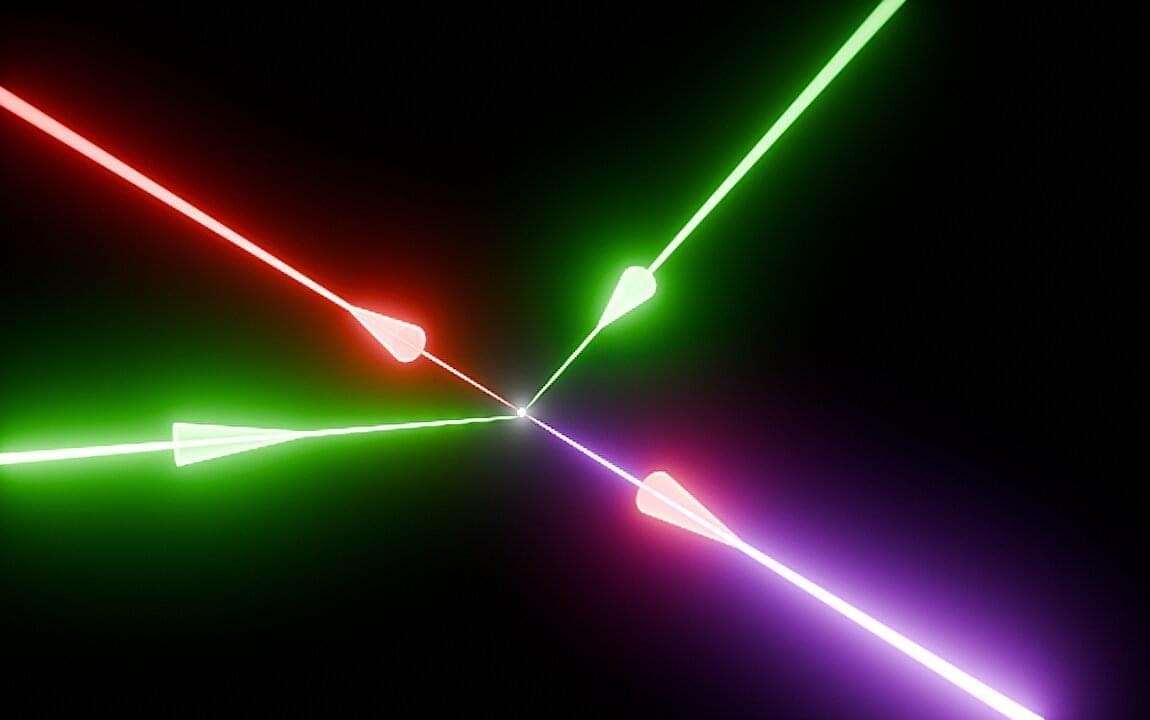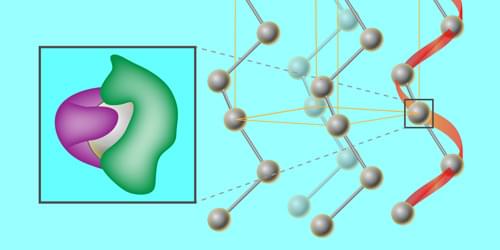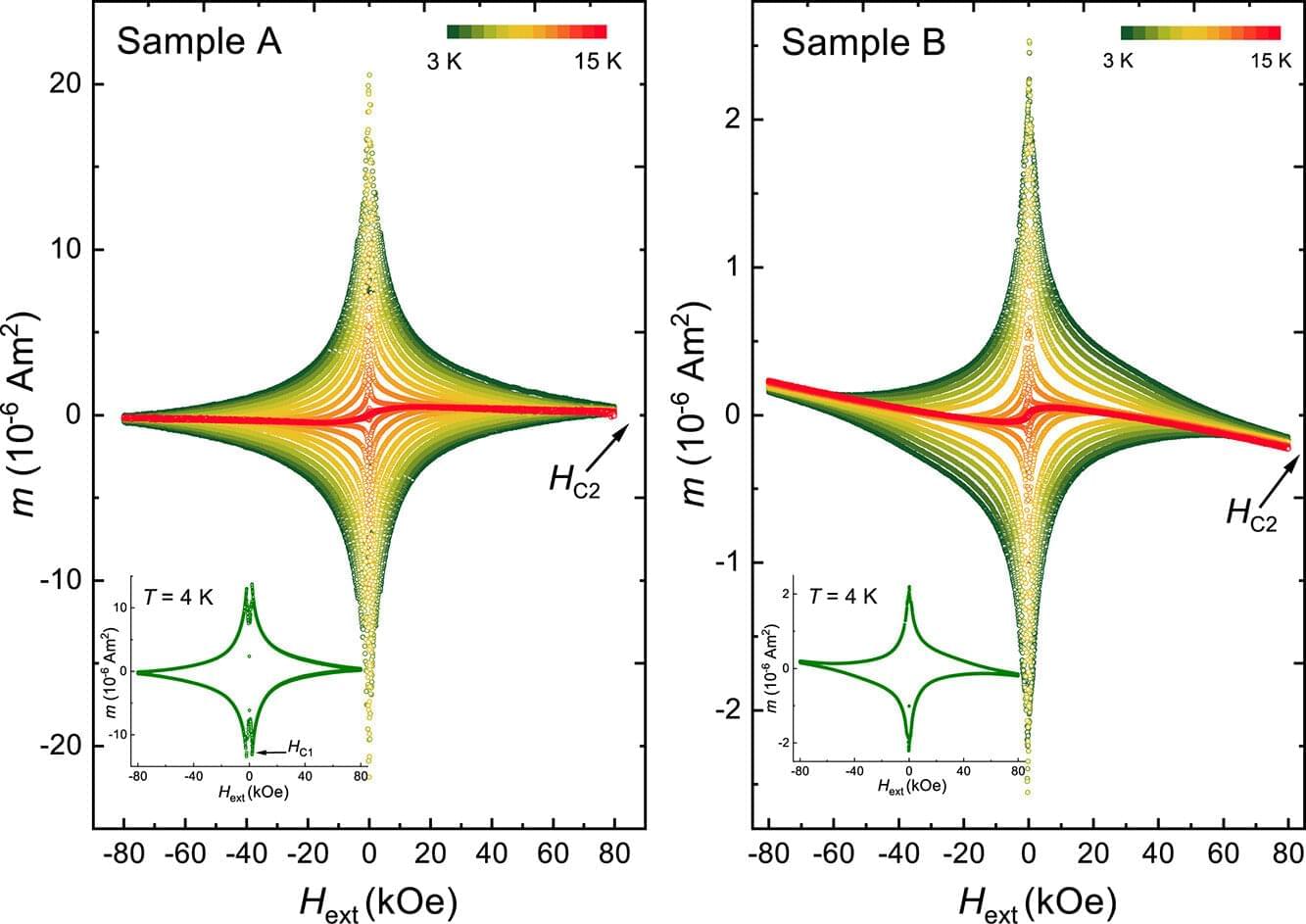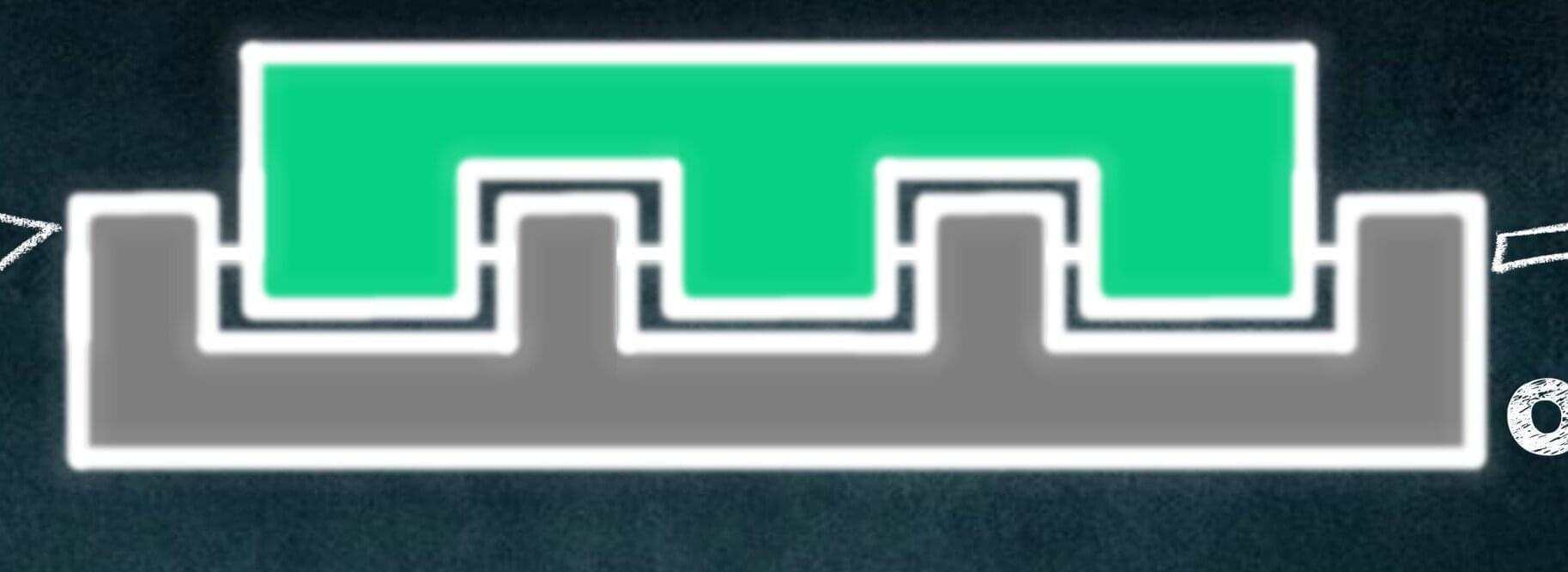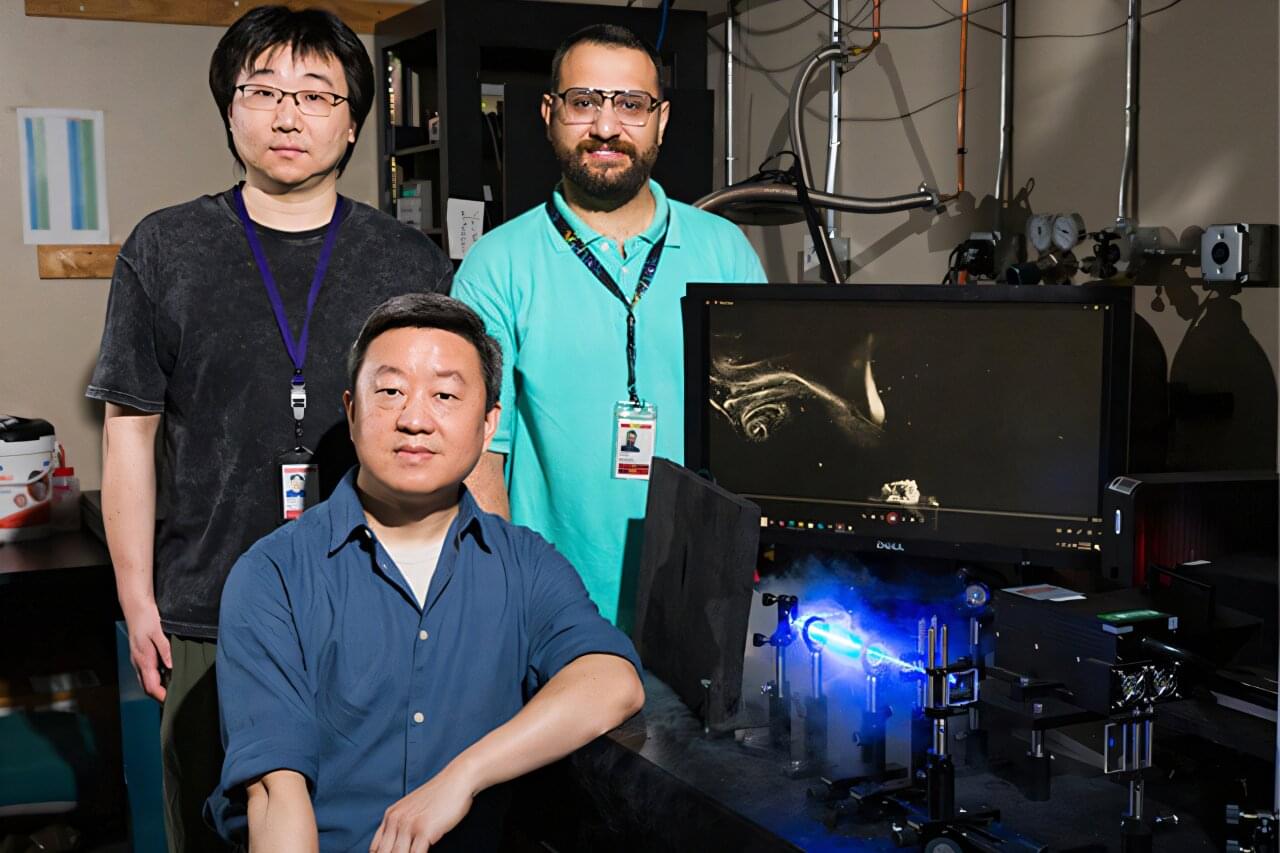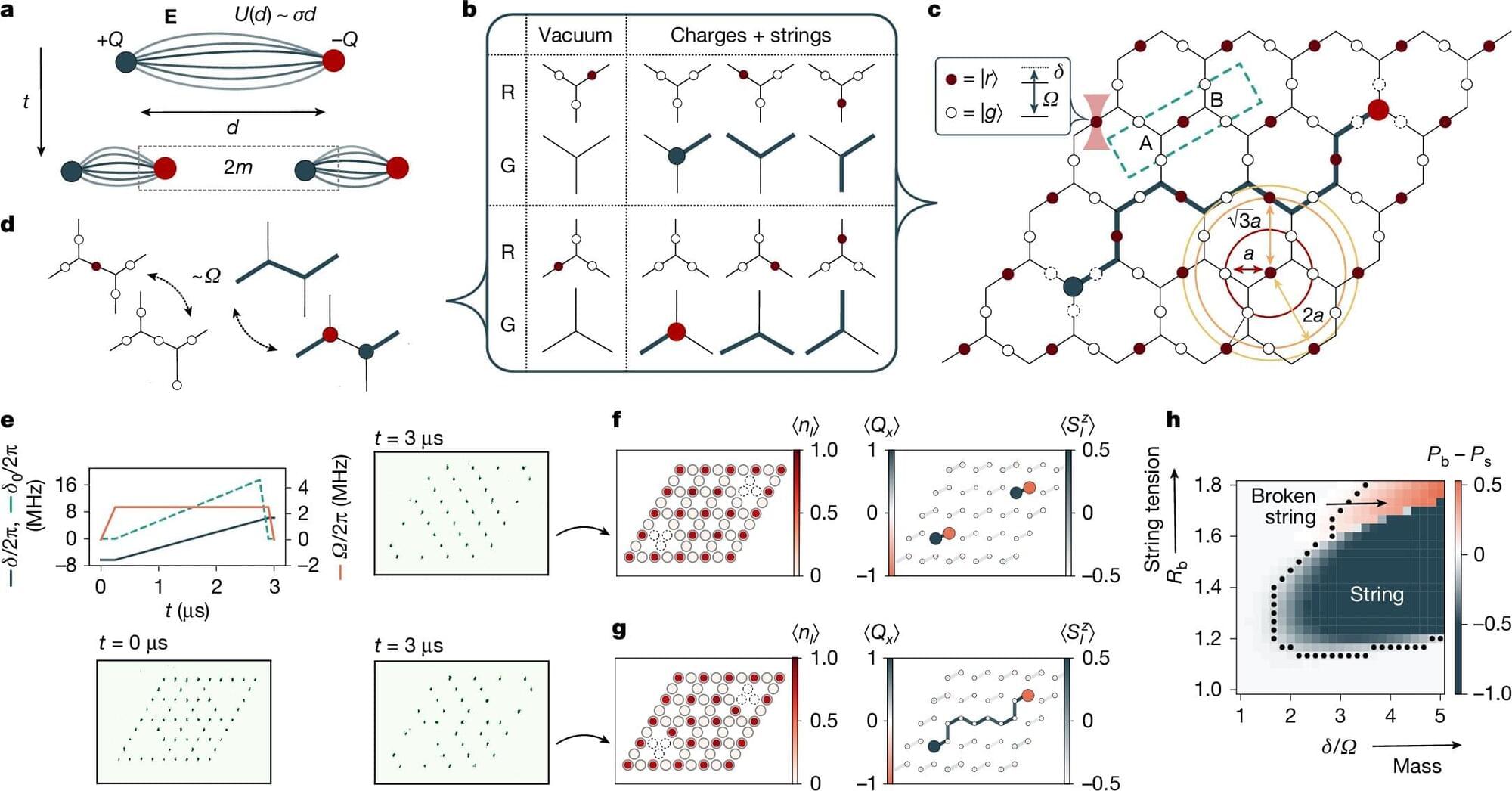In a study by TU Wien and FU Berlin, researchers have measured what happens when quantum physical information is lost. This clarifies important connections between thermodynamics, information theory and quantum physics.
Heat and information—these are two very different concepts that, at first glance, appear to have nothing to do with each other. Heat and energy are central concepts in thermodynamics, an important field of physics and even one of its cornerstones. Information theory, on the other hand, is an abstract topic in mathematics.
But as early as the 1960s, physicist Rolf Landauer was able to show that the two are closely related: the deletion of information is inevitably linked to the exchange of energy. You cannot delete a data storage device without releasing heat to the outside world.
